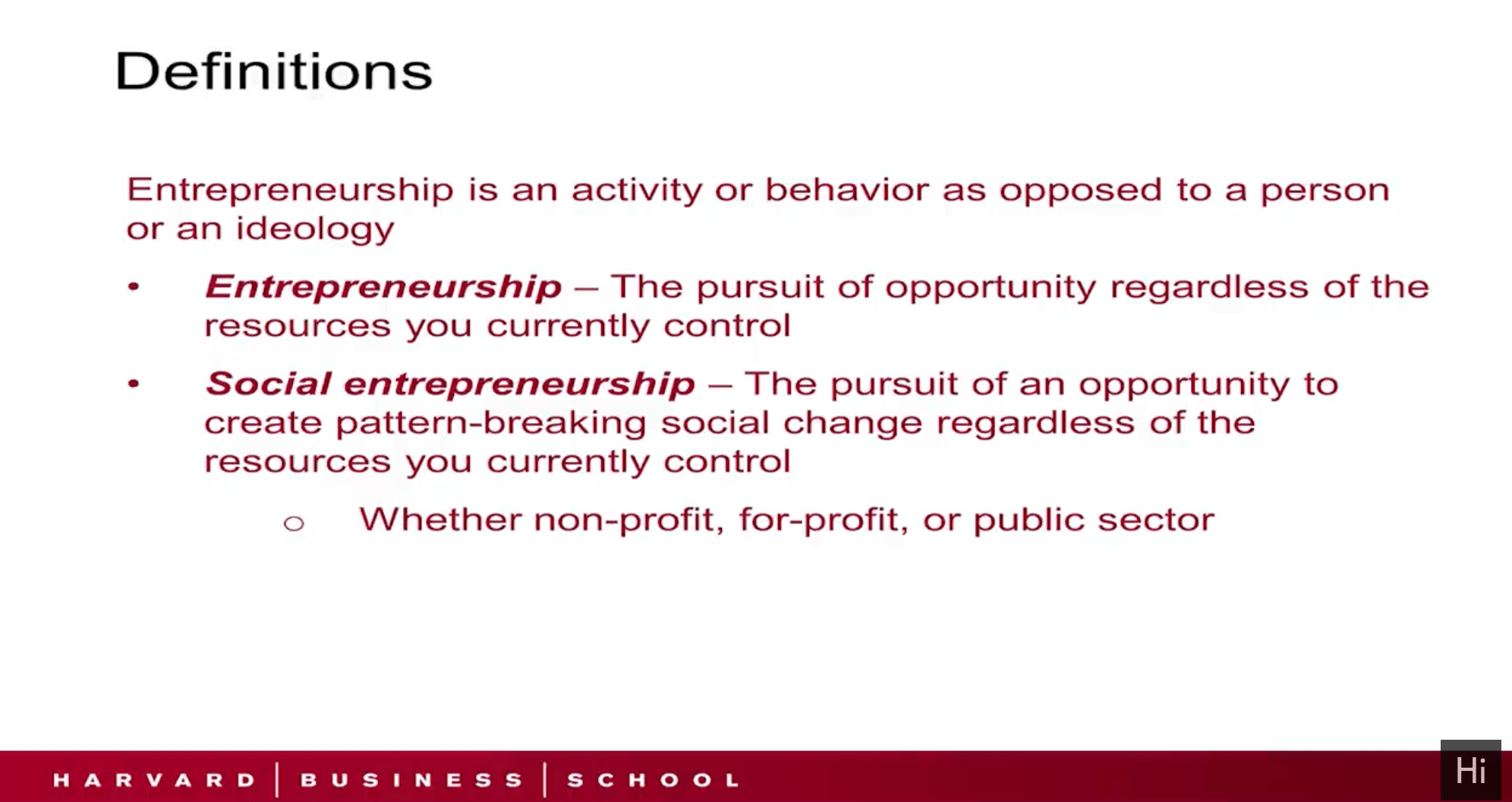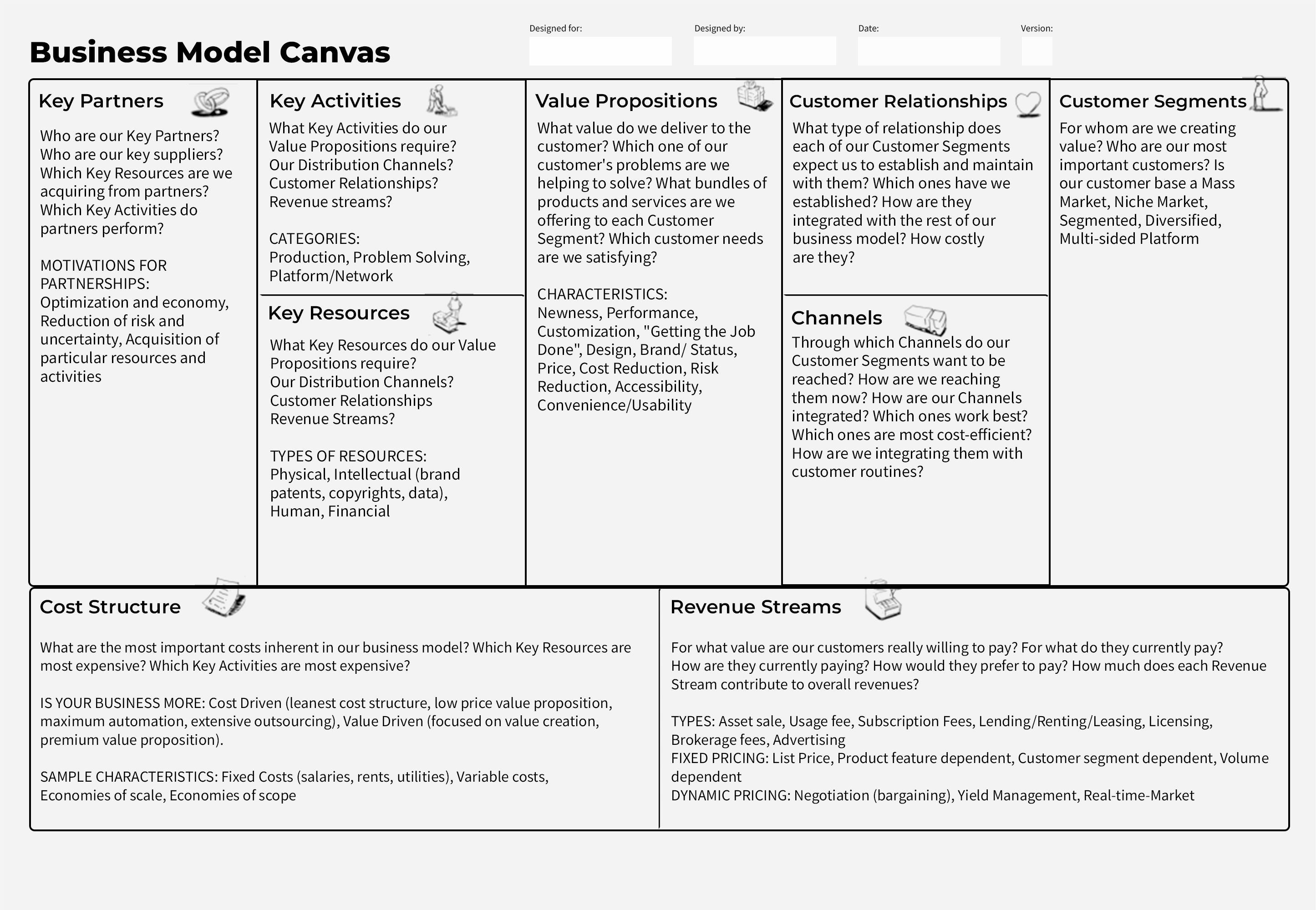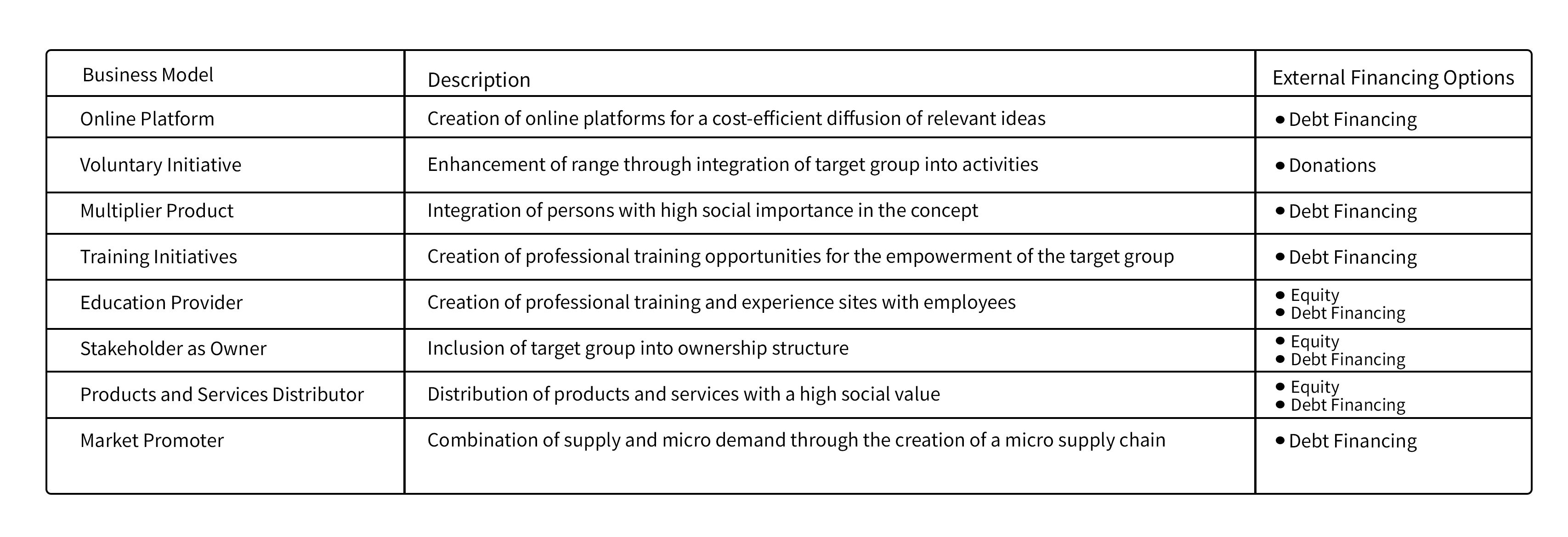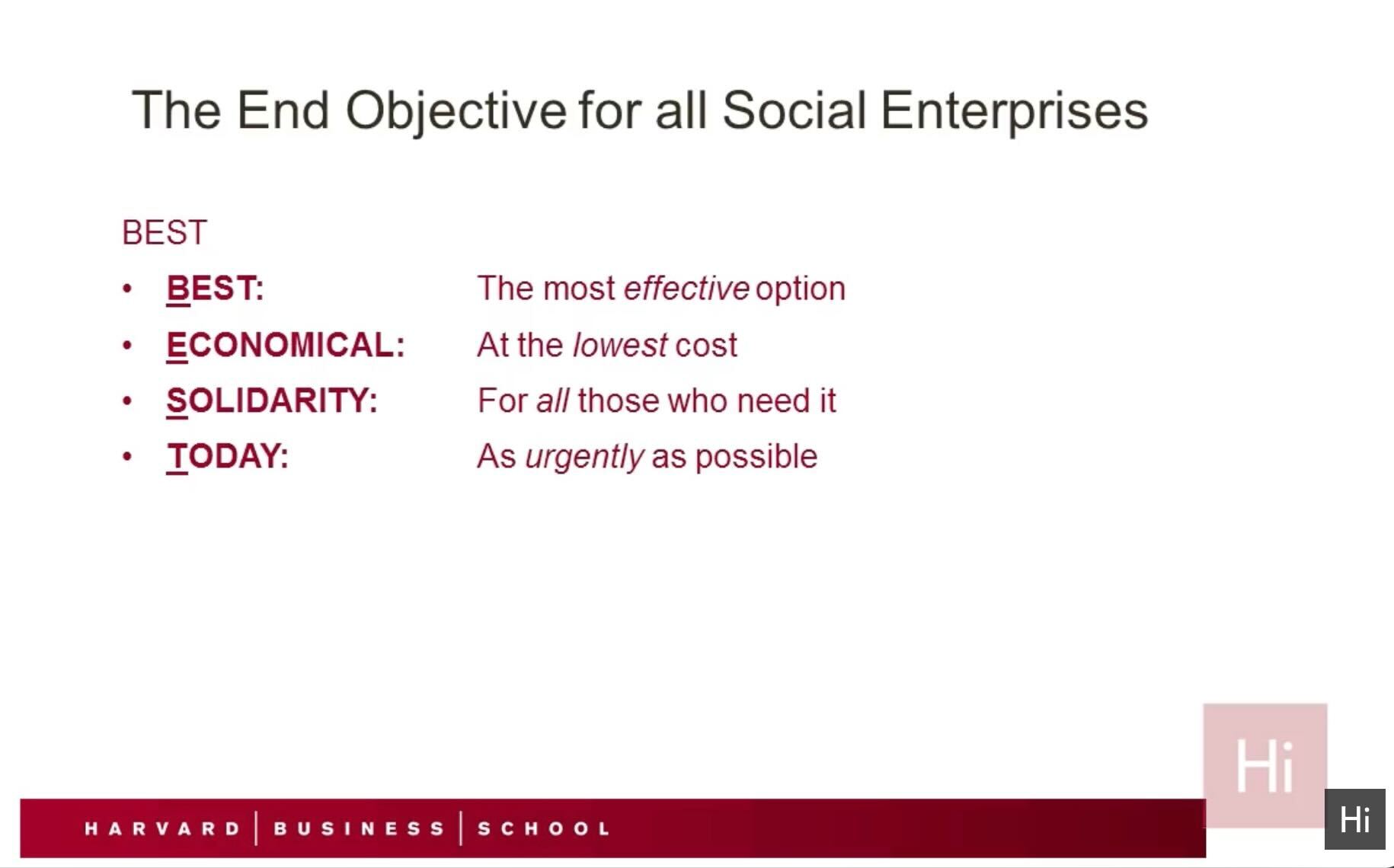How to Create a Successful Social Enterprise Business Model
by SFAN Staff · Business advice
Fri, 01 Sep 2017 · 3 minute read
Share

The subject of social enterprise is, perhaps, one of the most misunderstood business concepts around the world.
According to The Key Fund study, new research from one of Britain’s leading community development finance institutions, more than three-quarters of the British public are supporters of social enterprise. But only one in five know what a social enterprise actually is.
A similar inference can be drawn in Ghana. Although the Ghanaian social enterprise scene has spiked in the last three years, most people still haven’t grasped what a social enterprise is.
Hence, we invited the Africa Regional Director of Reach for Change, Amma Lartey, to the August edition of #SFANLiveChat, to explore what constitutes a social enterprise and how to develop a social enterprise business model.
Below are key insights from the chat.
1. Understanding the Concept of Social Enterprise
“Social entrepreneurs are not content just to give a fish or teach how to fish. They will not rest until they have revolutionized the fishing industry.” — Bill Drayton, Founder, Ashoka Changemakers.
If you search on Google, you'll see many different definitions of a social enterprise. But the one I like best is that a social enterprise is created to deliver a clear social impact, Amma explains. But beyond creating social impact, social enterprises have a sustainability model embedded in their operation.
The distinction between an N.G.O. and a social enterprise is that a social enterprise does not depend on donations or grants to operate. A social enterprise has a viable business model for operation. Social enterprises are entities and organizations that apply business models (a system that explains how an organization creates, delivers, and captures value, in economic, social, cultural, or other contexts) in solving social problems.
“Impact and financial sustainability is the key,” Amma says.

2. What a Business Model is and why a Social Enterprise Needs It
“A business model is how a business delivers value and makes money,” Amma highlights. “It outlines who the customers are, what they will be paying for, and how the business will create and deliver it.”
“Social enterprises need sustainable business models that deliver real social impact. Understanding your business model will help a social enterprise improve it to deliver more social impact and be more profitable.”
“Every business has a business model but not every business model is good.” — Amma Lartey
According to MaRs, a good social enterprise business model has two major components:
- An operating strategy that includes internal organizational structure and external partnerships that are crucial for creating the organization’s intended impact; and
- A resource strategy that defines where and on what terms the organization will acquire the resources (financial and human) it needs to do its work.
Your job as a diligent entrepreneur is to create a funnel for translating the inputs of the business into outputs to yield financial returns.

3. How to Create the Right Business Model for a Social Enterprise
“A social enterprise needs to understand its customer and the problem it seeks to solve for the customer.” — Amma Lartey
To create the right business model for your social venture, you need diligence in understanding the customer’s pain. “This means spending lots of time with current and prospective customers; interacting, observing, and analyzing,” Amma says.

“You need to also understand the environment the customers are living in and the environment around the problem. This understanding helps you develop your first hypothesis of what your business model should be and then you can start testing it. You can do this by creating a prototype or minimum viable product; a simple version of the final product.”
To buttress this point further, Amma gave an example of a Reach for Change entrepreneur who wanted to build a helpline for teens. His prototype was business cards with a phone and he gave out the cards to teens, with 20 of them calling back to report their reproductive health challenges.
The entrepreneur then used the results to get sponsors who wanted to market to teens to pay for the helpline and advertise on his site.
Like every aspect of business development, you must continually measure the results of your business model so you can understand and improve it if it is not working. “It’s a messy and iterative process,” Amma noted.
Bonus: We asked Amma what investors like Reach for Change look for in a social enterprise they fund.
Amma: We look for a strong entrepreneur or team who has proven that they have the persistence and drive to grow a startup. We also look for social entrepreneurs trying to solve a major problem children face directly or indirectly. Finally, we look for a strong business model that is scalable, financially sustainable, and can deliver a strong impact.

Final Thoughts on Creating a Social Enterprise Business Model
You’ve probably heard it said that business is a marathon and not a sprint. It's true. Building a social enterprise is tasking. But it's doable, and highly relevant, especially in these times!
Use the insights shared in this article to build a successful social enterprise that addresses social problems and sustains itself through revenue and profitability. Start with what you know best, a pressing challenge in your community that you want to change. “Don’t fall in love with your first idea. Be willing to change as customers and the market gives feedback. The people willing to pay for your product may not always be the beneficiaries, so make data-informed decisions,” Amma concludes.
SFAN has partnered with global payments giant Visa to launch the Disciplined Entrepreneurship course on the transformational ReadyforWork digital career accelerator. Learn more about this exciting partnership.

